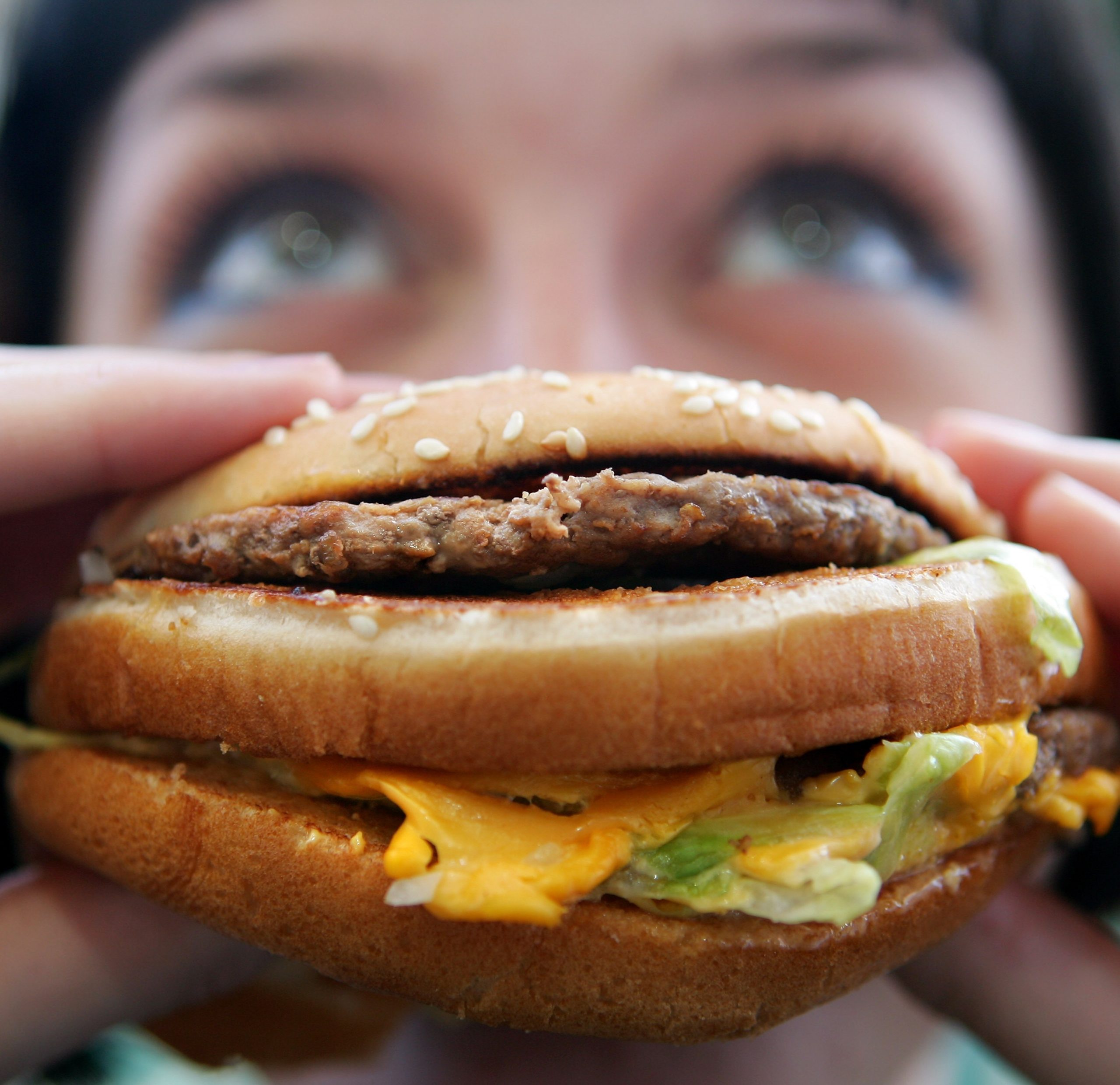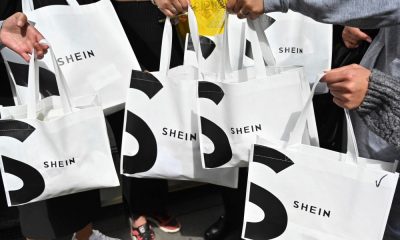TikTok users are falling prey to the marketing strategies of companies and are turning into “unofficial brand ambassadors” of unhealthy food and beverages, a new study has found. This could have problematic health impacts on the many young children who use the platform.
Advertisements for unhealthy food and non-alcoholic beverages are everywhere and they’re no longer limited to television and billboards. With digital marketing, even children can be exposed to such advertisements when they use their gadgets, and research has shown that this can impact their food preferences and eating patterns.
For their study, published in BMJ Global Health, the researchers looked at how unhealthy food and non-alcoholic beverages were marketed on TikTok, which is one of the most popular social media platforms in the world. In fact, its global monthly active users rose from 55 million in 2018 to a billion by last September, the British Medical Journal (BMJ) noted in a news release. In the U.S., more than a third of its users are aged 14 or even younger.
“No study to date has examined unhealthy food and non-alcoholic beverage marketing on TikTok, despite calls for urgent attention to be paid to the health implications of the platform,” the researchers wrote.
The researchers looked at 539 videos posted by various brands: 60% of them were posted in the first half of 2021, while the earliest videos (3%) were from 2019 and the rest (37%) were from 2020.
The most common methods that companies employed to market their products were branding, product images, engaging users through branded hashtag challenges and the use of influencers or celebrities. In these “engagement” challenges, users are often encouraged to create videos featuring the brands’ products or to use stickers or effects that feature the brand, and they can generate a lot of responses.
“The total collective views of user-generated content from single challenges ranged from 12.7 million to 107.9 billion,” the researchers wrote.
While 3% of the user-generated videos portrayed negative content, such as criticisms of the product’s taste or nutrition content, a whopping 73% actually had positive sentiments. The remaining 25% were neutral.
Furthermore, even though there were fewer videos from users who “seem to have been paid,” they had 10 times more likes per video than others. It’s possible that such videos help promote the branded hashtag challenges, the researchers said.
“(B)randed hashtag challenges are effectively turning users into, in TikTok’s words, ‘unofficial brand ambassadors,'” they wrote, noting that TikTok has quite a few features that encourage imitation and replication among users. “Our findings show brands capitalize on this by including branded effects and brand products in branded hashtag challenges, with branding and product images then propagated via user-generated content created in response.”
The researchers noted some limitations in their study, including the fact that it cannot establish “causality” due to its observational nature. However, the findings prompt concern about the amount of exposure to unhealthy food and non-alcoholic beverages. It also highlights the need for policies that can protect children from potentially negative health impacts.
“Our study has shown that TikTok is an emerging source of unhealthy food marketing, including that created by users at the instigation of brands,” the researchers concluded. “Given TikTok’s popularity among children, our findings support the need for policies that protect children from the harmful impact of food marketing, including that on social networking platforms.”
















